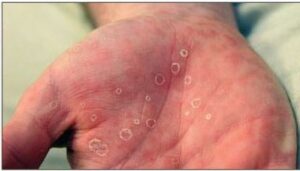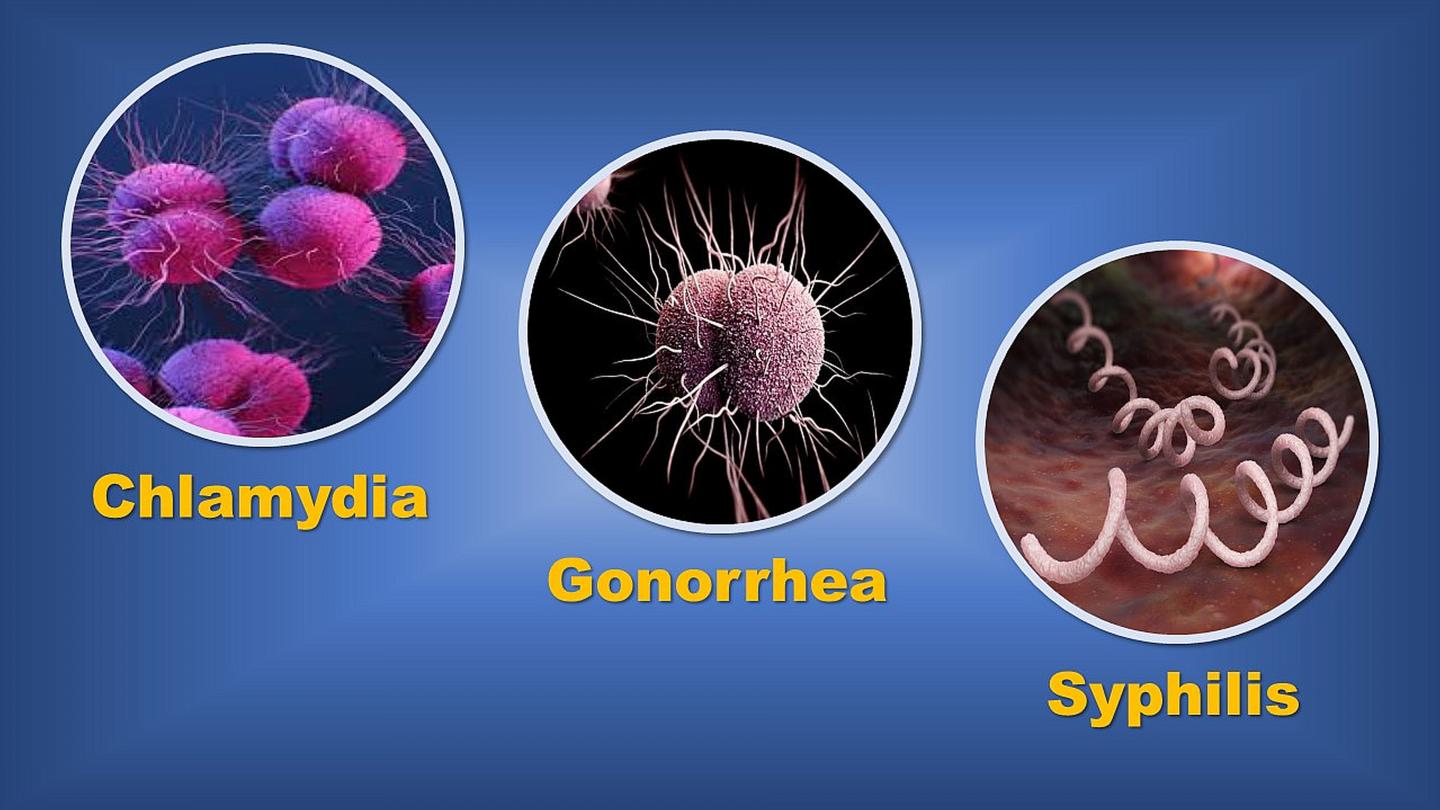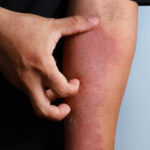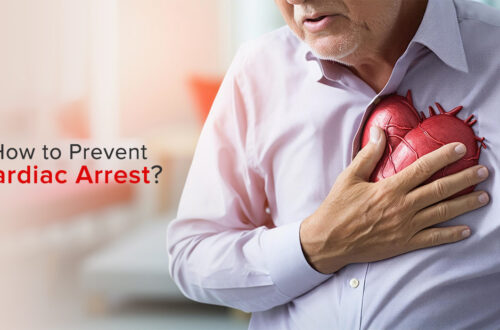Impact of Sexually Transmitted Diseases (STDs)
In this article regarding Impact of Sexually Transmitted Diseases, it is important to know that sexually transmitted diseases (STDs), also known as sexually transmitted infections (STIs), are infections that are spread through sexual contact.
These infections can be caused by bacteria, viruses, or parasites, and can have a significant impact on individuals and communities. The impact of sexually transmitted diseases is far-reaching, affecting physical, emotional, and social aspects of people’s lives.
In this article, we will explore the impact of sexually transmitted diseases and discuss measures to prevent their spread.
Physical Impact
Sexually transmitted diseases can have severe physical impacts on individuals, especially if left untreated. For instance, syphilis, a bacterial infection, can cause long-term damage to the brain and nervous system if not treated early.
Similarly, untreated gonorrhea can cause pelvic inflammatory disease (PID) in women, which can lead to chronic pelvic pain, infertility, and potentially life-threatening ectopic pregnancies.
Untreated chlamydia, another common bacterial infection, can lead to infertility in both men and women.
Human immunodeficiency virus (HIV) is a viral infection that attacks the immune system and can lead to acquired immunodeficiency syndrome (AIDS).
This disease weakens the immune system, making it easier for individuals to develop life-threatening infections and cancers. It is estimated that over 38 million people worldwide are living with HIV, and many of them do not know they are infected.
HIV is spread through sexual contact, sharing of needles, and from mother to child during pregnancy, childbirth, or breastfeeding. Although there is no cure for HIV, antiretroviral therapy (ART) can help manage the infection and improve the quality of life for those living with the virus.
Impact of Sexually Transmitted Diseases (Emotional Impact)
Sexually transmitted diseases can also have significant emotional impacts on individuals. Many people who contract an STD experience feelings of shame, guilt, and anxiety.
Regarding Impact of Sexually Transmitted Diseases, the stigma surrounding these infections can lead to social isolation, relationship difficulties, and discrimination. For instance, people with herpes, a viral infection, often experience shame and stigma, leading to feelings of anxiety and depression. T
his stigma can also lead to discrimination in the workplace, housing, and other areas of life.
Furthermore, many people living with HIV experience stigma and discrimination. This can lead to depression, anxiety, and low self-esteem. The fear of rejection can prevent individuals from disclosing their HIV status to partners or seeking medical care.
As a result, many people living with HIV struggle with social isolation, mental health issues, and poor quality of life.
Social Impact
Sexually transmitted diseases can also have a significant social impact on communities. The high prevalence of these infections can lead to significant public health issues, including increased healthcare costs, reduced productivity, and decreased quality of life.
STDs are also associated with increased rates of unintended pregnancies, which can have economic and social consequences for individuals, families, and communities.

In addition, sexually transmitted diseases can increase the risk of other health problems, such as cervical cancer, liver disease, and infertility.
The impact of these infections is often felt most acutely by vulnerable populations, including young people, women, men who have sex with men, and people living in poverty.
Sexually transmitted diseases have far-reaching impacts on individuals and communities beyond physical, emotional, and social effects. Here are some additional insights on the impact of sexually transmitted diseases:
Economic Impact:
STDs can have significant economic impacts on individuals and society as a whole. The cost of treating STDs can be expensive, and many people do not have access to affordable healthcare.
Additionally, STDs can cause individuals to miss work or school, reducing their productivity and earning potential. In some cases, the economic impact of STDs can be felt at a national level. For instance, in the United States, the estimated cost of STDs is over $16 billion annually.
Impact on Children: Sexually transmitted diseases can also have an impact on children. Infants born to mothers with untreated syphilis or HIV can be born with the infection, leading to serious health problems. Additionally, children who are exposed to STDs may be at higher risk of sexual abuse or exploitation.
Impact on Relationships:
STDs can have a significant impact on intimate relationships. Many people who are diagnosed with an STD struggle with feelings of guilt, shame, and fear of rejection.
This can lead to difficulties in forming intimate relationships and maintaining healthy relationships. Additionally, the disclosure of an STD status can be a challenging conversation, which can lead to conflict and trust issues in a relationship.
Impact on Mental Health:

Sexually transmitted diseases can have a significant impact on mental health. The stigma and discrimination associated with these infections can lead to feelings of anxiety, depression, and low self-esteem.
In some cases, the mental health impact of STDs can be severe, leading to suicide or self-harm.
Impact on Sexual Health:
STDs can also have a long-term impact on sexual health. For instance, women who have had multiple episodes of pelvic inflammatory disease may have scarring of the fallopian tubes, leading to infertility. Additionally, some STDs can cause genital warts or other lesions, which can be unsightly and uncomfortable.
Impact on Public Health:
Sexually transmitted diseases are a significant public health concern. The high prevalence of these infections can lead to significant healthcare costs, reduced productivity, and decreased quality of life.
Additionally, STDs can lead to the development of other health problems, such as cervical cancer, liver disease, and infertility. The impact of these infections is often felt most acutely by vulnerable populations, including young people, women, men who have sex with men, and people living in poverty.
Prevention and Control
Preventing the spread of sexually transmitted diseases is essential for protecting individuals and communities.
Effective prevention and control strategies include education and awareness campaigns, regular testing and treatment, and the use of condoms and other barrier methods during sexual activity. Additionally, increasing access to healthcare and ensuring that healthcare providers are trained to provide quality care for individuals with STDs is essential.
Vaccines are also available for some sexually transmitted diseases, including HPV, which is the leading cause of cervical cancer. Vaccination is an effective way to prevent the spread of sexually transmitted infections and reduce the incidence of associated health problems.
In summary on the Impact of Sexually Transmitted Diseases, sexually transmitted diseases have a significant impact on individuals and communities beyond the physical, emotional, and social effects.
The economic impact, impact on children, impact on relationships, impact on mental health, impact on sexual health, and impact on public health are all important considerations when discussing the impact of STDs.
Preventing the spread of these infections through education, testing, and treatment is essential for protecting individuals and society as a whole.
Foods to Avoid for Heart Attack
Rheumatoid Arthritis Foods to Eat
Foods to avoid during Migraine

A graduate of Computer Science and Information Management Technology. Diploma – Caregiving, Certificates – Dementia and Diabetes Awareness and Management. A researcher, blogger, songwriter, singer and acoustic guitarist. Born in an environment where natural talents such as healing are imparted at our natural birth. This natural talents of healing is the result of our genetic inheritance and the training from family environment.













